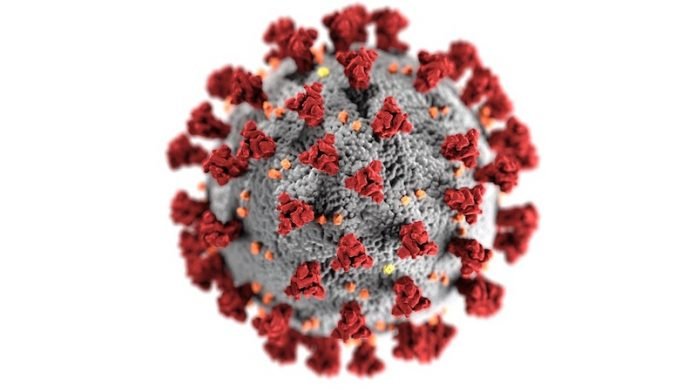
Scientists from the University of Wisconsin–Madison found that the BA.2 subvariant of omicron is similar to BA.1 in both the severity of illness it causes and in its ability to cause infection.
The research is published in Nature and was conducted by virologist Yoshihiro Kawaoka et al.
Omicron is now the dominant version of the virus that causes COVID-19 worldwide and BA.2 is the dominant subvariant in nearly seven dozen countries.
The findings contrast with a recent study from another research team that relied on recombinant virus-bearing spike proteins from BA.1 and BA.2.
In the study, the team used rodent models for COVID-19 to test viruses isolated from human samples.
Both subvariants of omicron caused less severe illness compared to earlier strains, including delta and the original strain of the virus that emerged in late 2019.
The study team also found that existing therapeutic monoclonal antibodies and antiviral drugs remain effective against BA.2.
However, the researchers found that plasma from vaccinated individuals and from people who recovered from earlier infections was less effective at neutralizing both subvariants of omicron relative to earlier virus strains, and plasma from people infected with BA.1 was less effective at neutralizing BA.2.
But plasma from people who were vaccinated and then infected with BA.1 or earlier variants exhibited a smaller decrease in effectiveness against BA.2.
The team says if people have been vaccinated and then infected, they are protected against many different variants, especially compared to prior infection alone or vaccination alone.
If you care about COVID, please read studies about the key to curing COVID-19, and white-tailed deer found to be huge reservoir of COVID-19 infection.
For more information about COVID, please see recent studies about new antibody treatment for COVID-19, and results showing this familiar drug may help treat COVID-19.
Copyright © 2022 Knowridge Science Report. All rights reserved.



